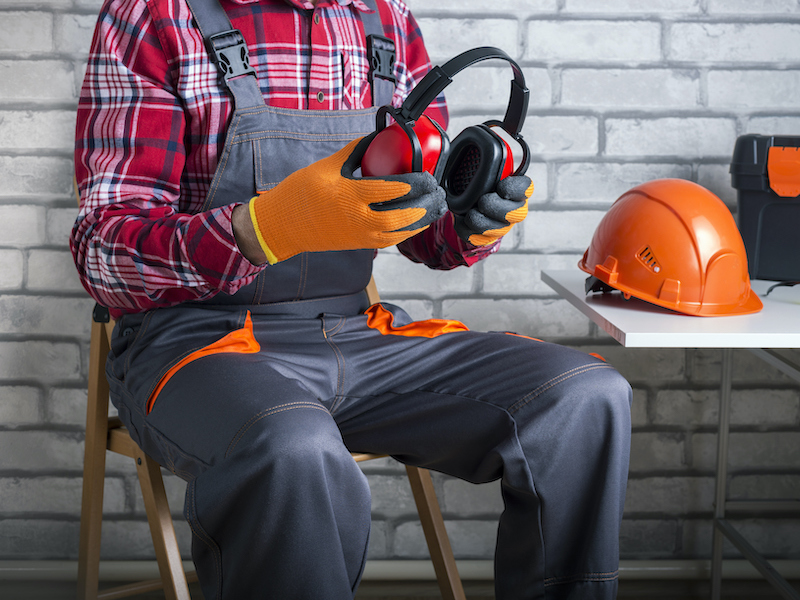
Your sense of hearing is important in your life and when it’s gone, there will be no natural way of getting it back. But curiously, the general public tends to ignore hearing loss. In fact, permanent hearing loss affects one in every eight individuals (nearly 30 million people) 12 and older in the United States alone.
Protecting your hearing from the start is the best and easiest way to prevent hearing loss, but if you currently have hearing loss you can recover much of your hearing with a hearing aid.
Here are five simple ways that you can safeguard your hearing:
Don’t use earbuds
Earbuds have been packaged with mobile devices since the early 2000s and are one of the greatest threats to hearing. Almost every smartphone on the market comes with a set of these little devices that sit snugly in your ear and pump sound directly into your ear canal. You can get irreversible hearing damage by listening to music or a movie on your mobile device at full volume for only 15 minutes. Over the ear style headphones, especially the ones with noise canceling technology, would be a better option. Sticking to the 60/60 rule, which suggests a maximum volume of 60% for no more than 60 minutes per day, is another safety measure to protect your hearing.
Reduce the volume
Your hearing can be damaged by other things besides earbuds. If you regularly listen to the TV or radio at high volumes over sustained periods, your hearing can also be harmed. Shooting ranges, concerts, construction zone, and other loud settings should be avoided. Avoiding these situations may only be possible in a perfect world, especially if you’re a construction worker or a musician. If that’s the case, then you’ll want to pay attention to the next item on the list.
Use hearing protection
If you have hobbies or work in a loud setting, it’s essential that you make use of hearing protection. Hearing loss can happen in just 15 minutes at 85 decibels. To put that in perspective:
- Over a one hour visit to the indoor gun range, your ears are repeatedly subjected to gunfire that clocks in at over 150 decibels on average
- The noise of a construction site can be over 130 decibels and many workers spend 40 or more hours a week there
- At most concerts the headlining band plays for up to two hours at well above 120 decibels
The takeaway here is that you should purchase some kind of hearing protection such as earmuffs or earplugs if you take part in any of these activities.
Take auditory breaks
There are times you simply need to give your ears a rest. Even if you wear ear protection, if you are subjected to loud sounds like these for prolonged periods, you should take some quiet breaks to give your ears some time to recover. That means, you definitely shouldn’t get into your car and start blasting loud music right after you leave a 3-hour concert.
Check your medicine
Your medicine may actually have a considerable effect on your hearing. There are some medicines that have been proven to cause hearing loss including certain heart and cancer medications, aspirin, antibiotics, and anti-inflammatory medicine. The good news is that medication-related hearing loss is not common and is more likely if you take two or more of those medications at the same time making it easier to prevent.
Are you coping with hearing loss and want to find new treatment? Schedule an appointment with us for a hearing test.
Resources
https://www.cdc.gov/nceh/hearing_loss/how_does_loud_noise_cause_hearing_loss.html